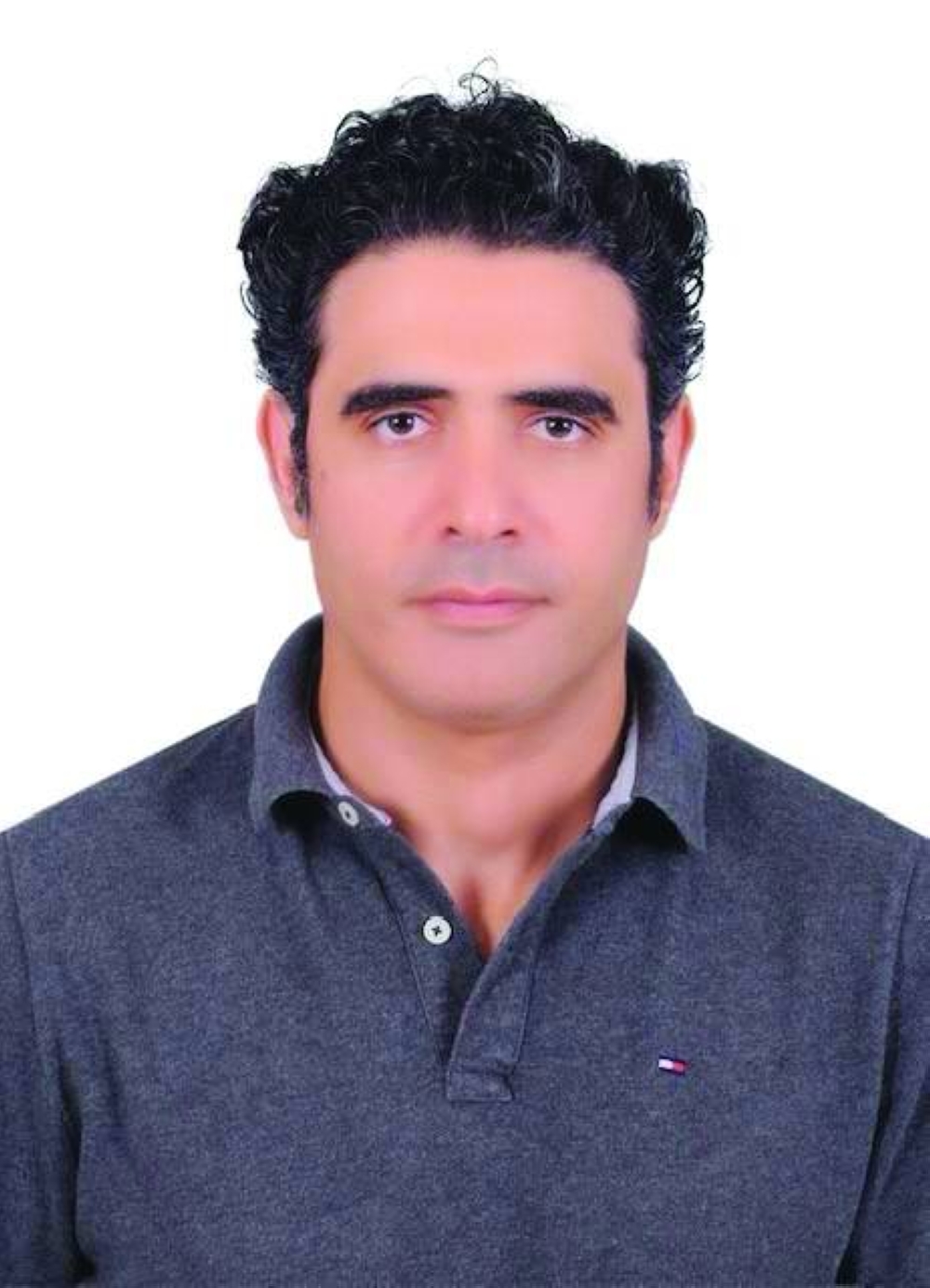A physician from the Primary Health Care Corporation has highlighted the best ways to lose weight during Ramadan.
Dr Tariq Abdul-Mohsen, a family physician at the Al Khor Health Centre, has emphasised the importance of a light and balanced Iftar meal including three dates as date is a rich source of fibre and sugar that the body needs after fasting hours.
“It is important to maintain your physical activity during the fasting period as it helps in weight loss while avoiding exposure to the sun. To avoid dehydration, drink a minimum of eight cups of water between Iftar and Suhoor as it is useful for weight loss, calorie reduction as well as bloating, indigestion and constipation alleviation,” said Dr Abdul-Mohsen.
It is advisable to replace sweetened juices with other drinks such as water and milk, steer clear of processed sugar and obtain sugar from natural sources such as moderate consumption of fruits.
Dr Abdul-Mohsen recommends slowing down the pace of eating, particularly during Iftar as this helps to feel full, enhances satisfaction and improves digestion, and sitting down and avoiding distractions like watching TV, laptop or mobile phone while eating. Additionally, consuming more salads and vegetable soups, as well as having them before meals, are key factors in reducing hunger, filling the stomach and providing a good source of fibre.
“Hydration is one of the most important factors for weight loss in Ramadan. It is essential to drink water and eat vegetables and fruits such as cucumber, lettuce, tomatoes and watermelons during Suhoor and Iftar meals. It is advisable to limit the intake of high-salt foods as possible and replace salt with different herbs to enhance the flavour of cooked foods.”
“Eating meals at regular times helps burn calories and curb appetite for snacks and foods rich in sugar, fat and starches. Consume fibre-rich foods such as fruits, vegetables, wholegrain bread, oats, brown rice, beans, peas and lentils to promote a feeling of fullness,” advised Dr Abdul-Mohsen.
He noted that it is essential to maintain exercise during Ramadan. “Brisk walking for 20 to 30 minutes after Tarawih prayers helps to lose weight, improves mood and reduces stress. However, it is advisable to avoid physical activity immediately after Iftar as the body's energy is directed towards digesting food. It is also essential to maintain a consistent number of sleeping hours as disruption in sleeping patterns during fasting can lead to hormonal and nervous disorders resulting in weight gain and negative impact on mental and mood state,” he added.

Dr Tariq Abdul-Mohsen
